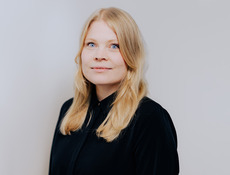The city of Mannheim, in partnership with different educational partners, is introducing the learning and support concept Integrative School Campus at the primary school Pestalozzi School. Over the course of the project, two age groups will receive intensive and needs-based support from the first to the fourth grade. The goal is to open up equal educational opportunities to all pupils.
To test this new learning approach, the city of Mannheim makes use of a Social Impact Bond (SIB) for the implementation of the project. The Bertelsmann Stiftung is supporting this pilot project in order to promote equal opportunities in the educational sector and to test new instruments and partnerships for greater social impact.




